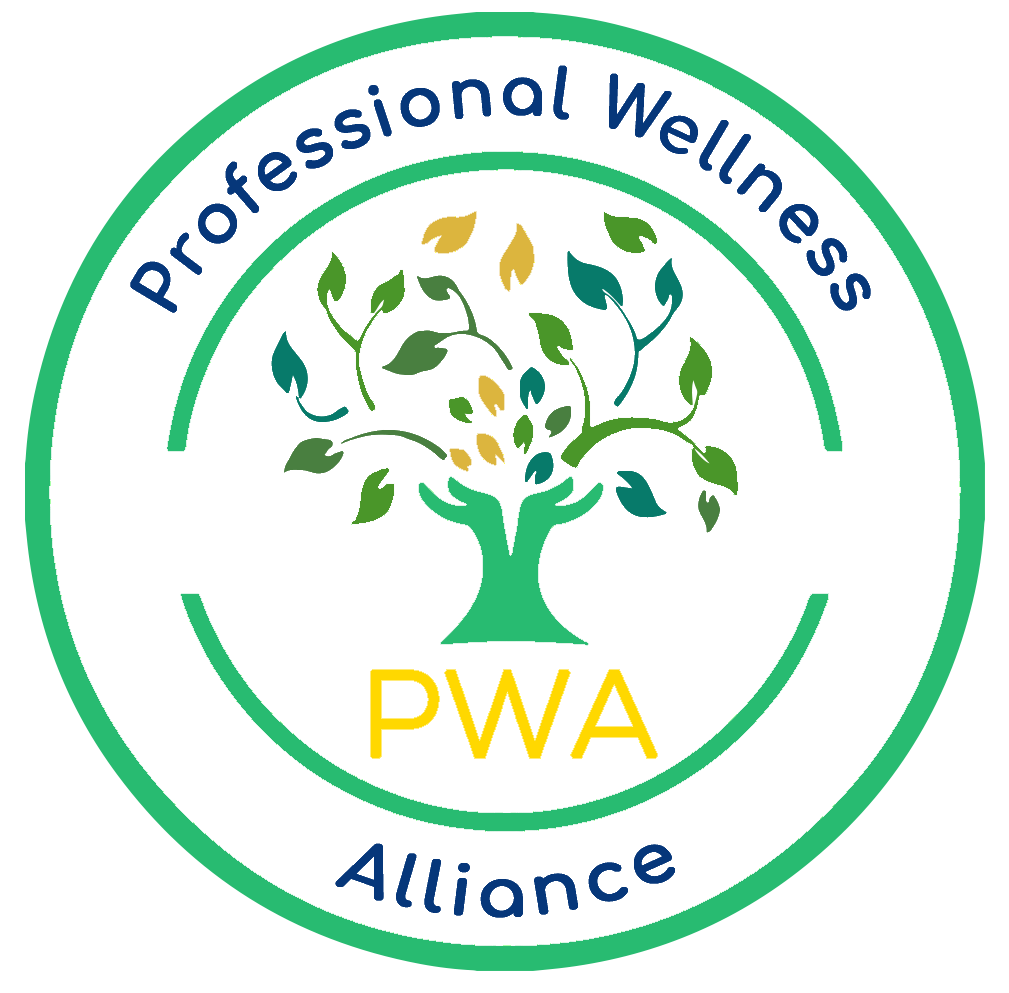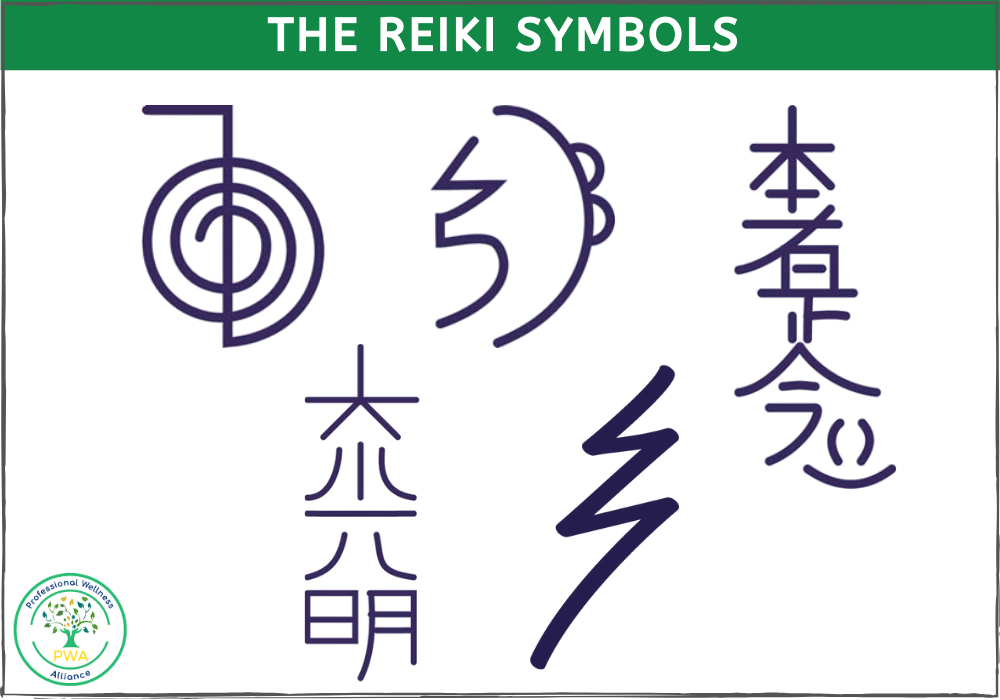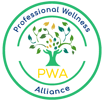Essential oils have been used for millennia by humans across the globe to aid in health and well-being. Over the past few decades, the popularity of essential oils has skyrocketed. In response to this demand, many holistic health practitioners are exploring how to legally incorporate aromatherapy and essential oils into their holistic services.
In addition to aromatherapists and essential oil coaches who specialize in education and applications, many other holistic practitioners in other fields such as massage therapy, reiki, chiropractic, and reflexology are finding that therapeutic-grade essential oils can complement their wellness services and provide additional benefits for their clients.
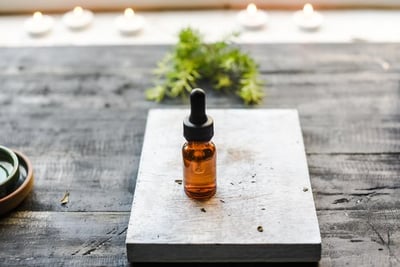
How can essential oils enhance my holistic health offering?

Essential oils are extracted from the roots, seeds, stems, bark, flowers, resin, fruits or leaves of medicinal plants, creating aromatic volatile liquids with a diverse array of beneficial applications.
They can be incorporated into holistic health offerings to promote relaxation and well-being through various applications such as massage directly onto the skin with a carrier oil, with a water-based diffuser, inhalation from the palms of the hands, or passive diffusion with a porous aroma stone made from volcanic rock or natural reed diffuser. Each oil or blend should be specifically selected for its beneficial properties.
When used safely and with a defendable legal basis, high-quality essential oils can augment your holistic health offering, adding a natural, sensorial dimension to your sessions that your clients will appreciate.
But before you reach for that bottle of lavender or eucalyptus oil, it is very important to protect your services from state regulatory board crackdowns.
Can the Use of Essential Oils put my Holistic Health Business at Risk?
What many trained and certified holistic practitioners don’t know is that by using essential oils with clients without a defendable legal basis, they are putting their entire livelihood at risk. Whether you’re a certified aromatherapist, essential oil coach, reiki master, massage therapist, chiropractor or any other kind of holistic practitioner, a defendable legal basis is necessary for incorporating the use of essential oils in your services.
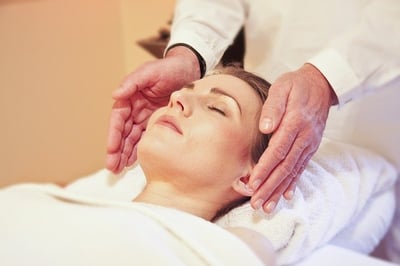
Imagine you are a yoga instructor and you apply an essential oil to one of your students. Sounds harmless right? This act without a license could actually be considered “practicing massage” and can get you in serious legal trouble with the state regulatory board.
Even if you’ve taken aromatherapy classes and become a certified aromatherapist, if you’re not licensed to provide those services, you have no defendable legal basis to protect you and your business. Holding an aromatherapy or essential oil coach certification is not enough to keep you safe from legal trouble.
How Important are Aromatherapy Classes and Training?
It is a common misconception in the public that essential oils are “harmless” because they are natural and can easily be used by anyone for a number of health issues. But “natural” does not automatically equal “safe.” Essential oils are actually powerful and concentrated substances that should not be  misused or underestimated. Aromatherapy classes and training are extremely important to make sure you are incorporating essential oils into your holistic offerings in a safe and effective way.
misused or underestimated. Aromatherapy classes and training are extremely important to make sure you are incorporating essential oils into your holistic offerings in a safe and effective way.
Proper aromatherapy training should cover physiology and anatomy, medicinal properties of plants, botany, and the proper application and blends for specific purposes. Aromatherapists should abide by a code of ethics and always obtain medical background to understand the client’s current medications, pre-existing conditions, and wellness goals.
An aromatherapy certification is generally more rigorous than an essential oil coach certification as it usually requires a longer time of study in more in-depth understanding and knowledge of essential oils properties, chemistry, application, and safety. Whether you are aromatherapist or an essential oil coach, it is vital to take into account medical contraindications for various groups including those with pre-existing physical and mental health conditions, infants, children, and women who are pregnant or breastfeeding.
How do I know if I have a defendable legal basis to offer aromatherapy or essential oils services?
As important as aromatherapy classes and certifications are, they will not protect you from the legal consequences of state regulatory boards. Even the most trained, experienced, certified and knowledgeable aromatherapist or practitioner incorporating essential oils could face serious legal and financial repercussions if they apply essential oils to clients without a sound legal basis to do so.
You might be a chiropractor, massage therapist, or reiki master who also has an aromatherapy certification in addition to a license for your primary field. Even if you are licensed within another holistic health field (such as massage), if you apply essential oils on your clients without a defendable legal basis to do so, you could put yourself at risk of losing your business and your existing state license.
For example, being a member of the Professional Wellness Alliance (PWA) provides a defendable legal basis for incorporating the use of essential oils, which helps protect your business from state regulatory board concerns. It provides you with a safe, legal environment to provide your holistic services, including aromatherapy.
What are the consequences of incorporating essential oils without a defendable legal basis?
Across the US, state regulatory boards are cracking down on holistic health providers, including those using essential oils. If you apply or use essential oils without a defendable legal basis, you and your business are at serious risk of being shut down.
You could incur significant legal fees and fines and, in some states, you could even face the threat of jail time. Start-up legal fees can range between $5,000 - $15,000, which is the average initial retainer for a lawyer to accept a case. Total legal defense fees, the cost of a lawyer to defend a case in court, can be upwards of $20,000 to $200,000.
For example, there have been previous cases where holistic health practitioners got into legal trouble with the state for using an essential oil on a client. This is because in many states, a practitioner who applies an essential oil to a client — without a solid legal basis to do so — is considered to be “practicing massage” without a license, putting them in a world of legal and financial trouble.
How can I use essential oils within my holistic health business, legally?
Whether you want to incorporate essential oils into your existing state-licensed practice, or operate as an essential oil coach or aromatherapist, you need a solid legal basis in order to protect yourself from serious legal and financial trouble.
The PWA Community is a mission that advocates for holistic practitioners. We have been fighting for more than two decades to support holistic health services and the practitioners who provide them. Becoming a part of the mission can help protect you as you provide holistic services such as aromatherapy and essential oils.
Learn more about the benefits of protecting your holistic business by joining the PWA Community.
.png?width=350&height=350&name=professional-wellness-alliance-logo%20(2).png)
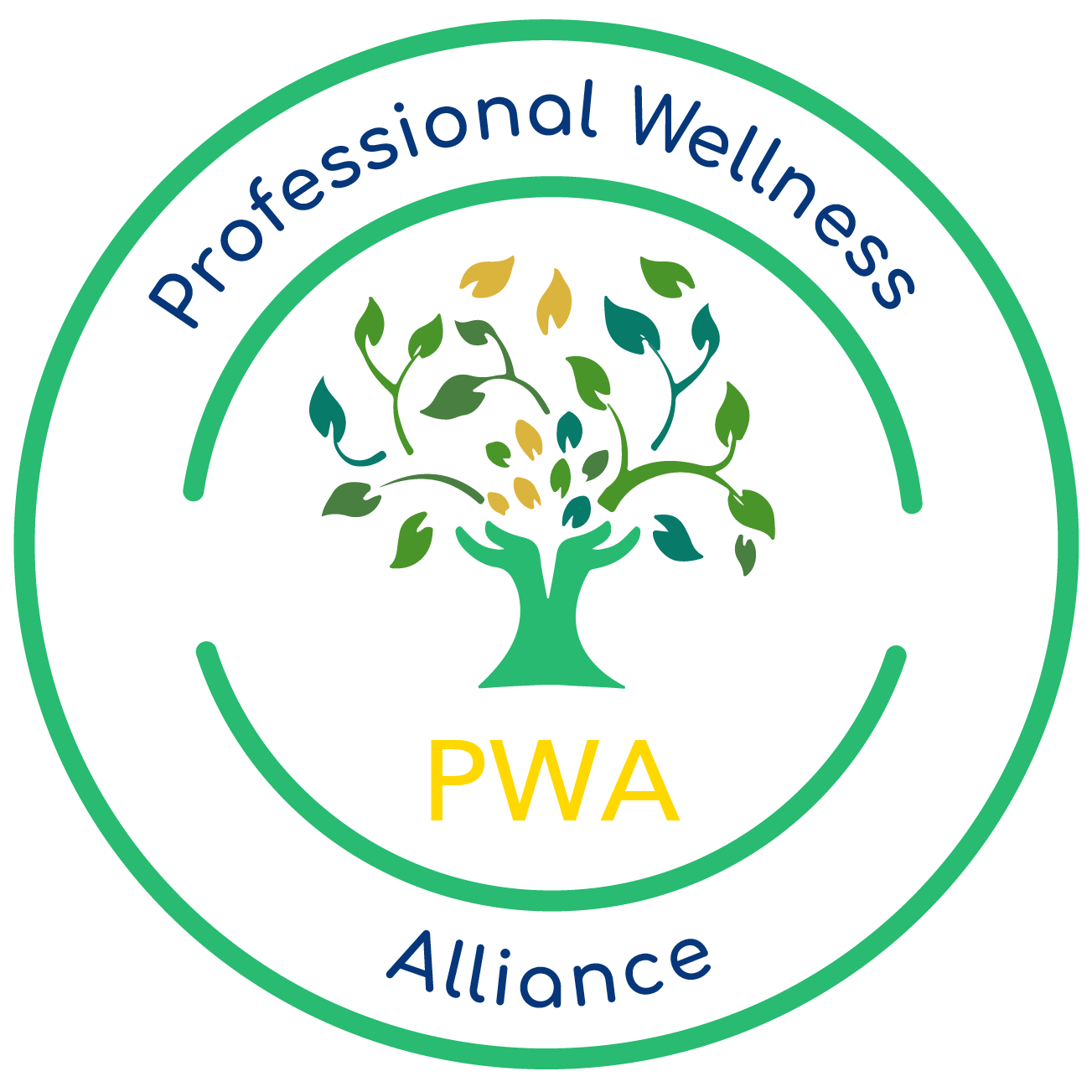
.png?width=440&name=Holistic%20Quiz%20(6).png)

